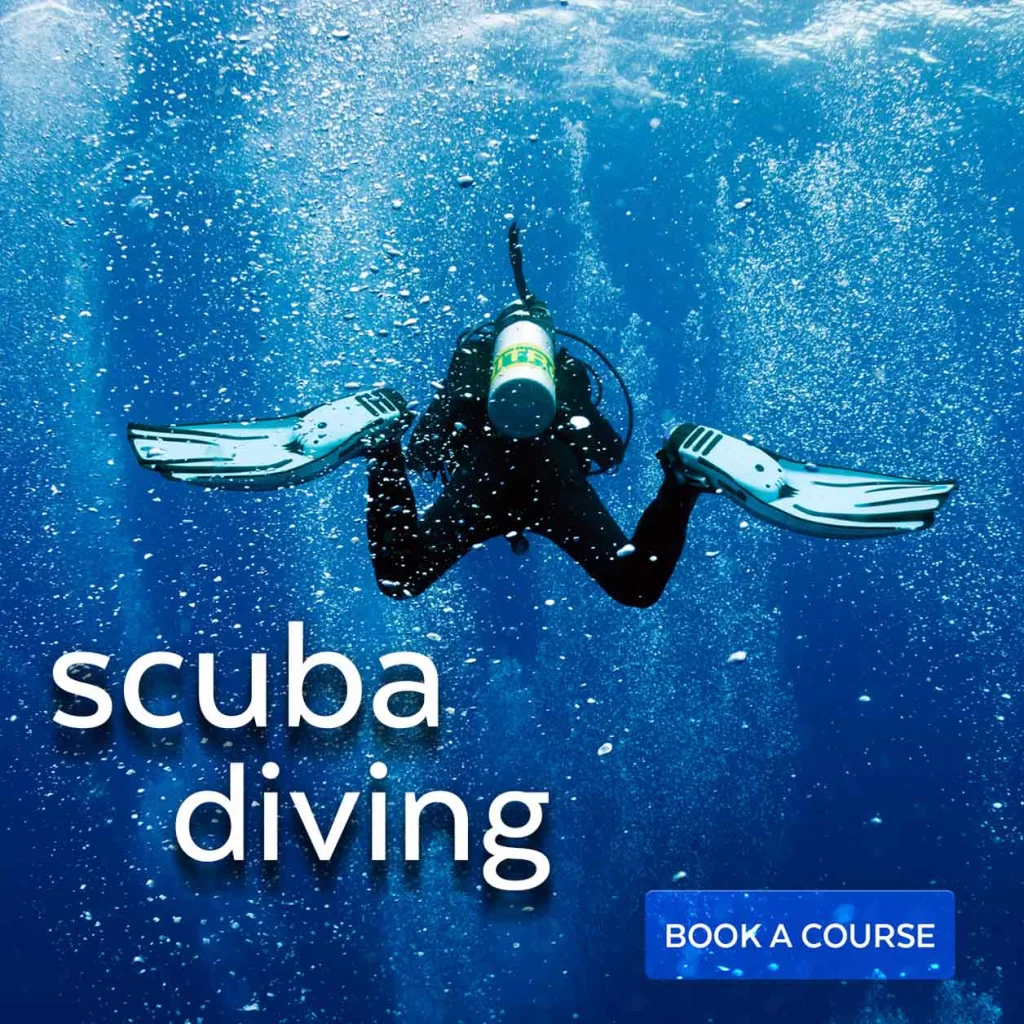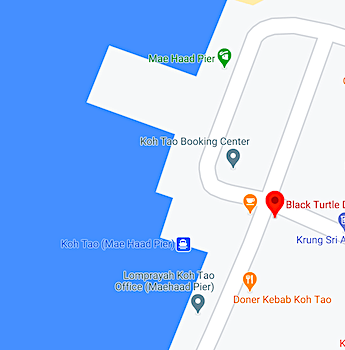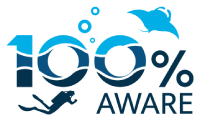Marine Conservation Internships on Koh Tao
Master Conservationist Marine Conservation Internship
Our Master Conservationist Internship program gives recreational scuba divers the opportunity to acquire the foundational knowledge necessary to understand our fragile marine ecosystem and become an informed marine conservationist.
This excellent Internship offers a structured, flexible, educational, and practical program designed to offer students a great way to learn more about how a coral reef functions and the threats the living reef and marine environment face.
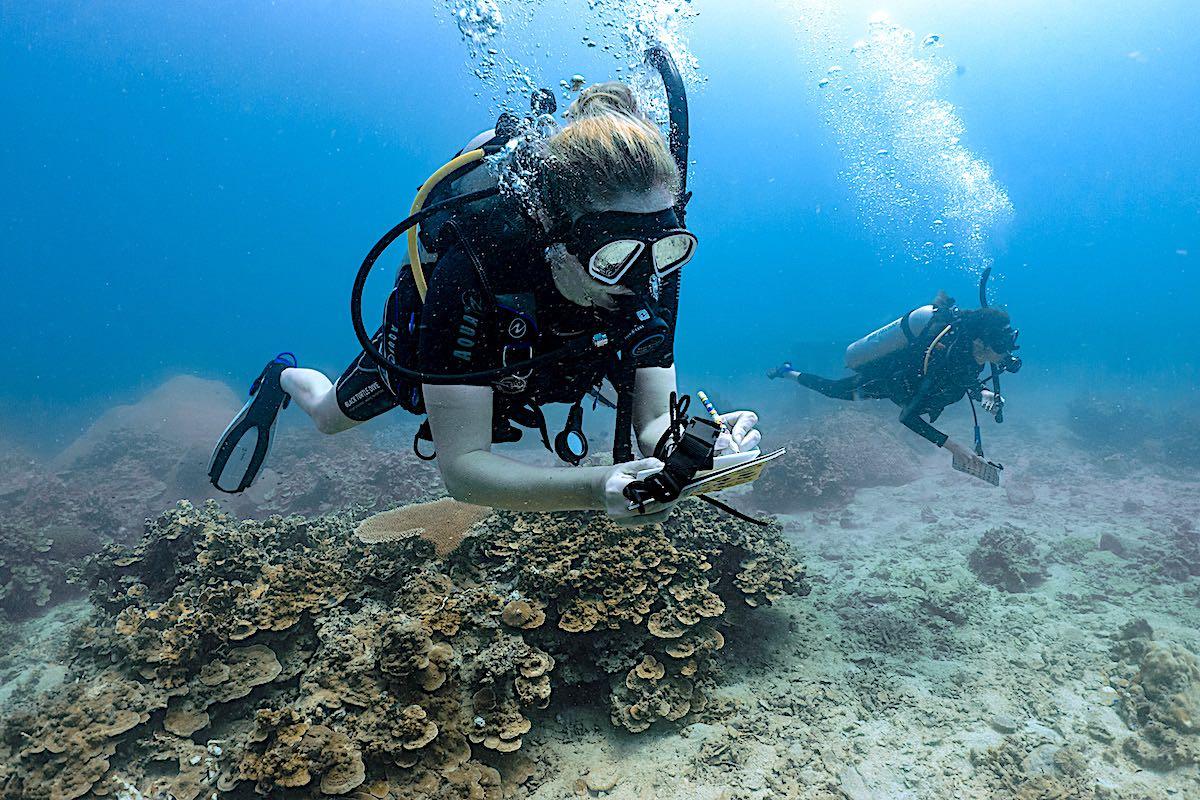
Learn how a Coral Reef functions
The training you receive will help you understand the marine ecosystem we are working in and the ways in which we can actively restore it.
Our Master Conservationist Internship is scheduled over 14 days and is the most popular Foundational Marine Conservation and Reef Ecology Internship on Koh Tao.
The Master Conservationist Internship is a complete introduction to coral reef ecology, the coral reef ecosystem, the marine organisms that populate the living reef and the roles these organisms have that contributes to maintaining a healthy coral reef.
Coral Reefs are amongst the most diverse ecosystem on the planet, supporting a wide range of marine life. They provide habitat and shelter for numerous species, including fish, invertebrates, and algae.
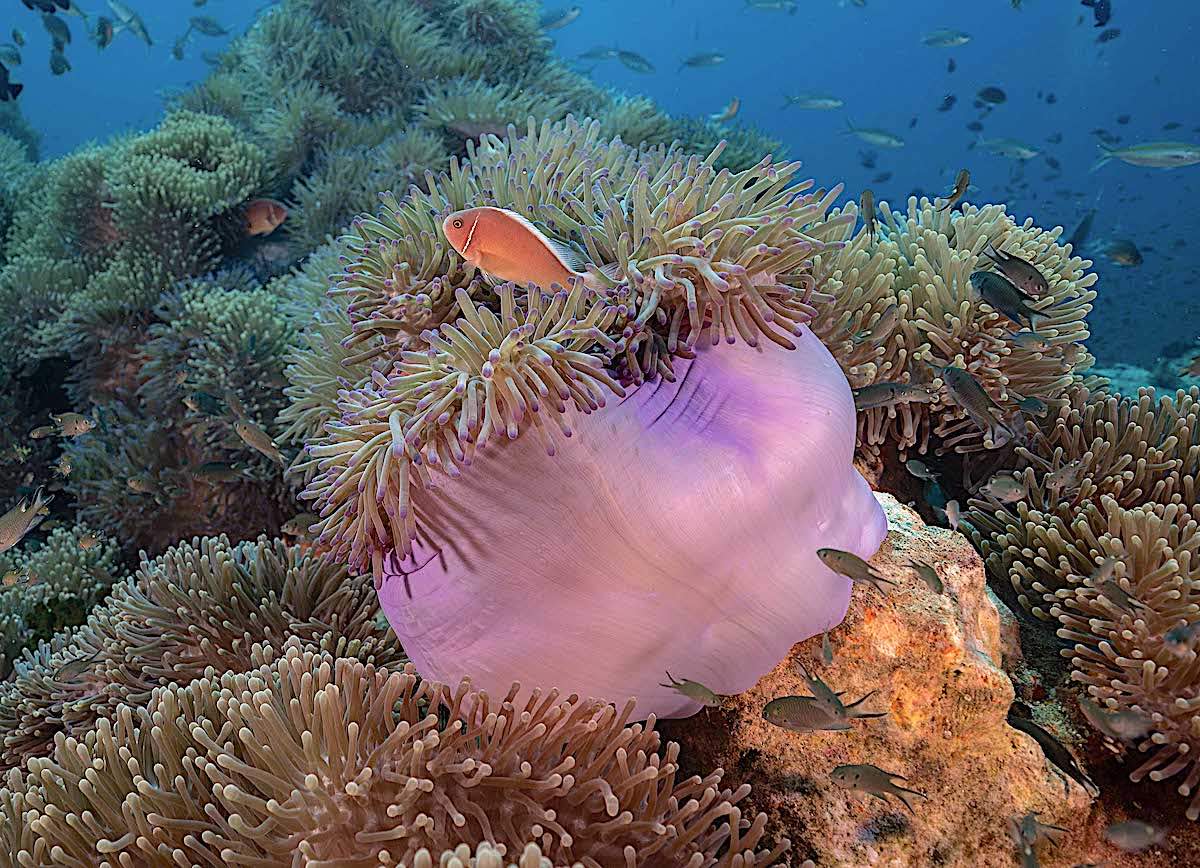
Master Conservationist Internship Program in Thailand
View Coral Reefs from a Scientific perspective using Ecological Monitoring.
During the Internship you will be taught how to view the reef from a scientific perspective using key biotic and abiotic reef features.
You will also learn to how to identify key fish and invertebrate indicator species and substrate types from a scientific perspective.
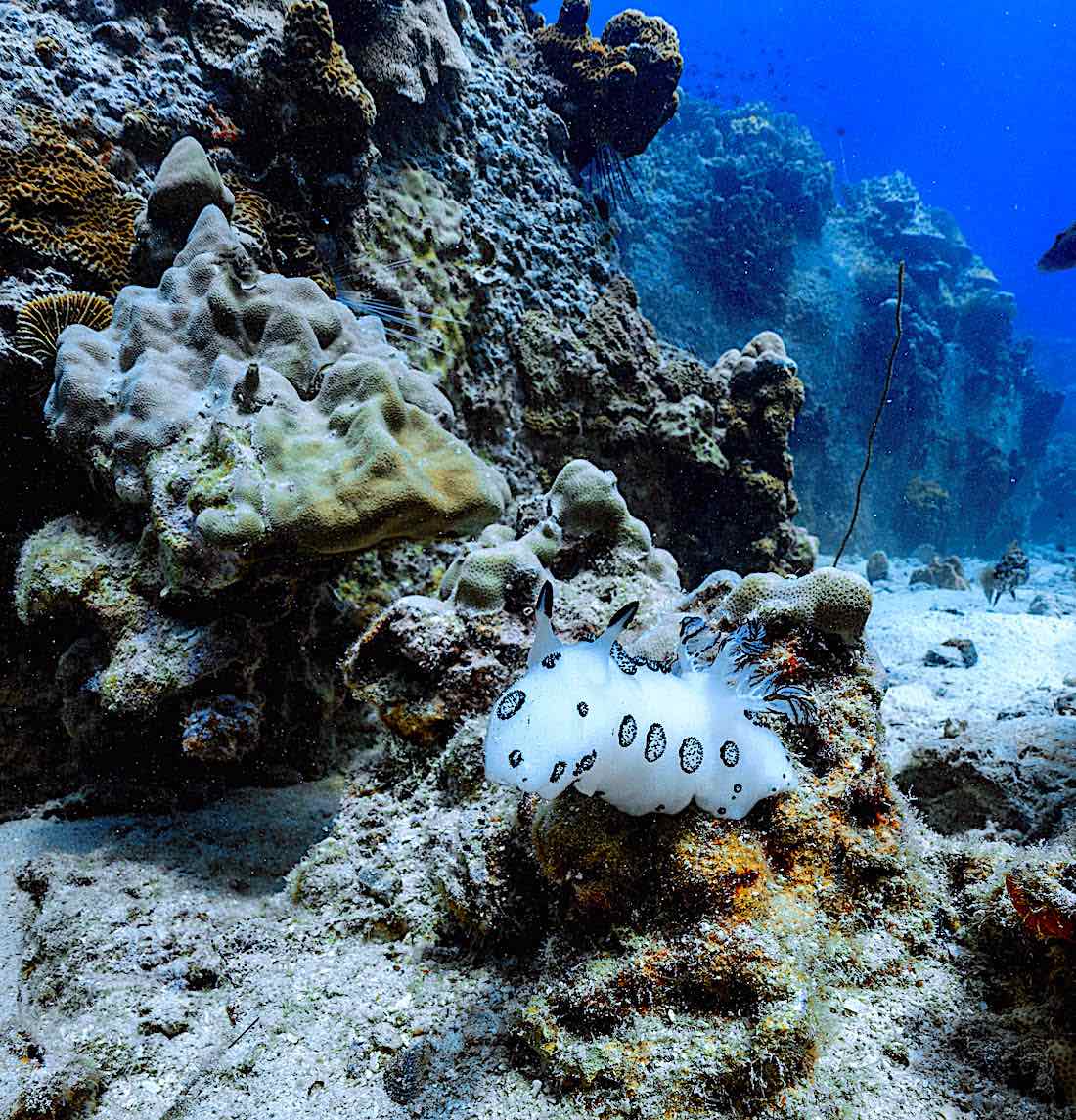
Healthy Marine Ecosystems
Ecological Monitoring allows us to understand the health and status of ecosystems and species, and it helps identify threats, track population trends, and assess the impacts of human activities on biodiversity.
This type of information is crucial for making informed decisions about conservation and management strategies to protect, conserve and preserve ecosystems and the marine life that reside there.
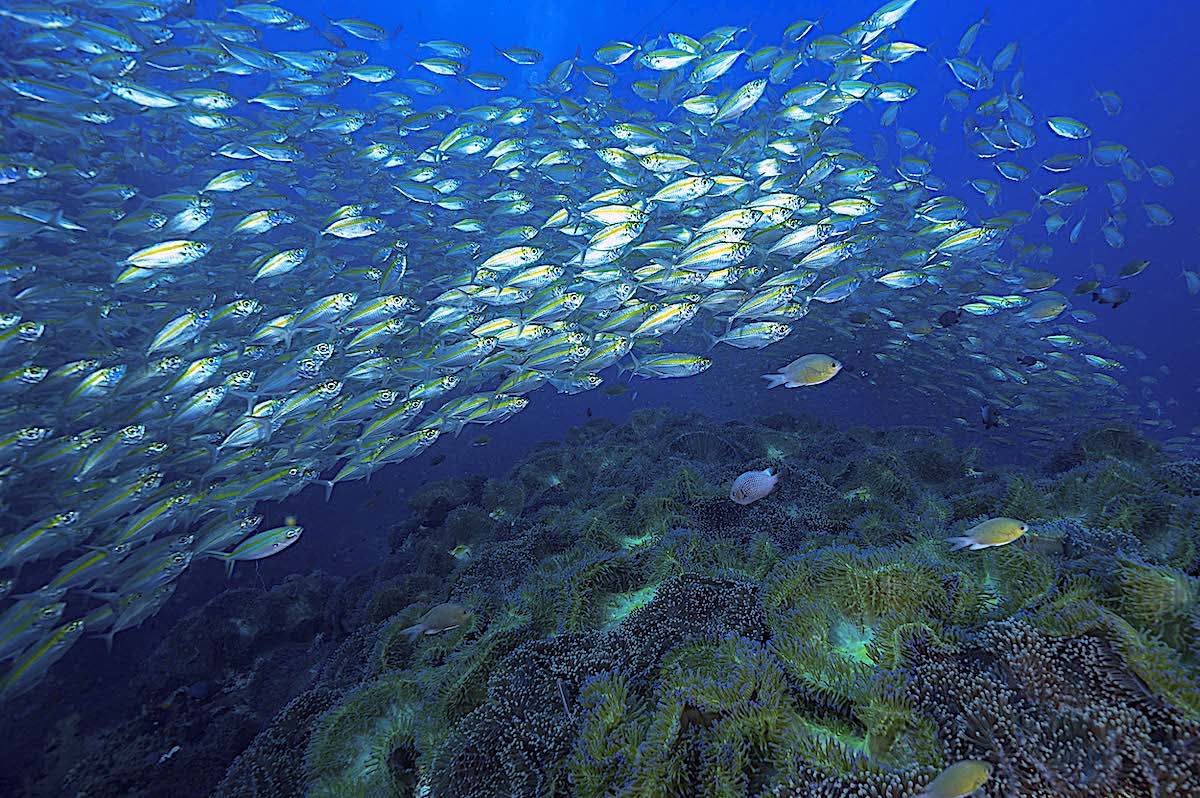
Learn to Identify 18 Coral Genera found in Koh Tao
An important part of any advanced coral reef monitoring program is having the ability to Identify corals according to their taxonomic descriptions.
Corals are incredibly diverse, with thousands of species inhabiting the different marine ecosystems around the world. Taxonomic identification of Corals, allows scientists to accurately document and assess coral biodiversity.
This information is crucial for monitoring changes in coral communities over time, understanding species distributions, and identifying areas of high conservation value.
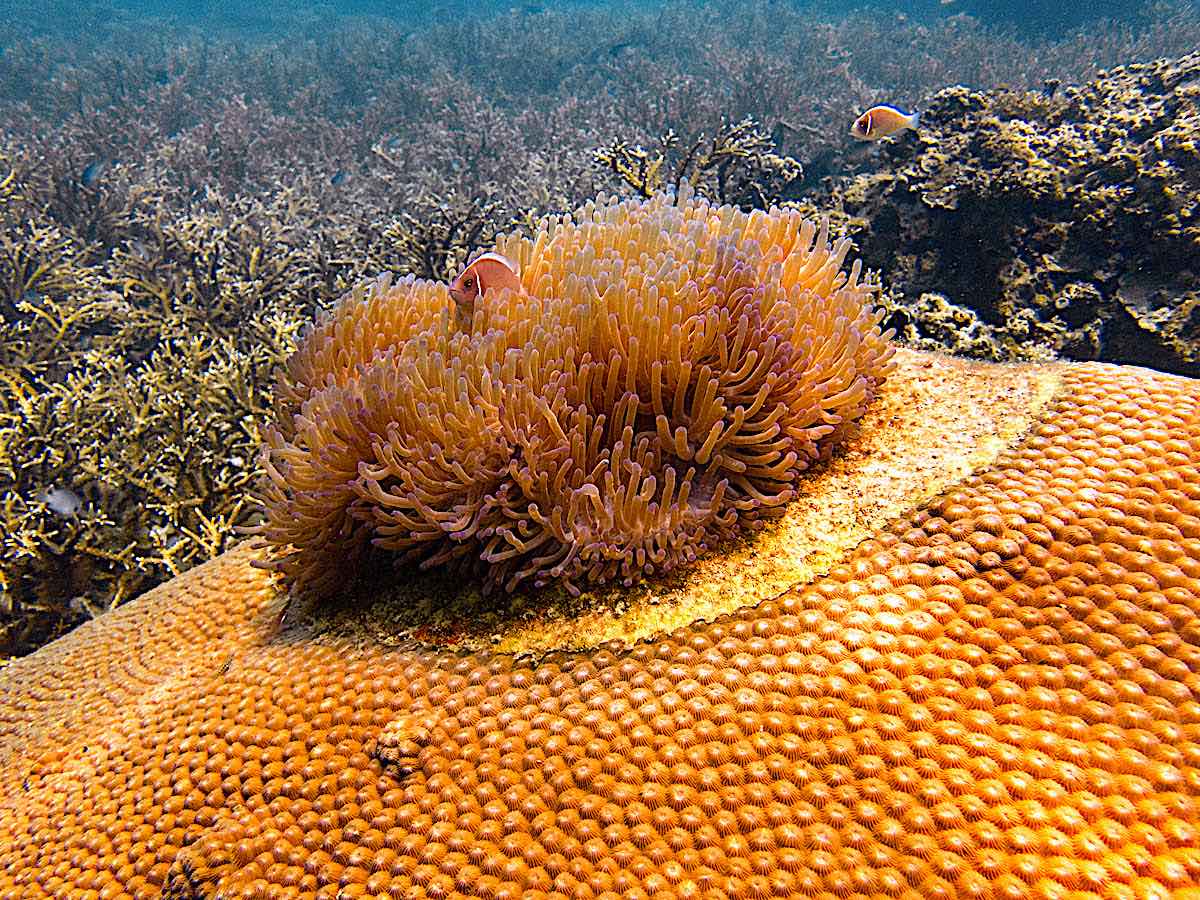
Master Conservationist – Coral Taxonomy on Koh Tao
Identifying corals according to taxonomic description is crucial for understanding coral biodiversity, studying ecological interactions, developing effective conservation strategies, monitoring coral reef health and facilitating scientific collaboration.
Each species has its own unique ecological niche, and changes in the abundance or distribution of one species can have a cascading effect throughout the system.
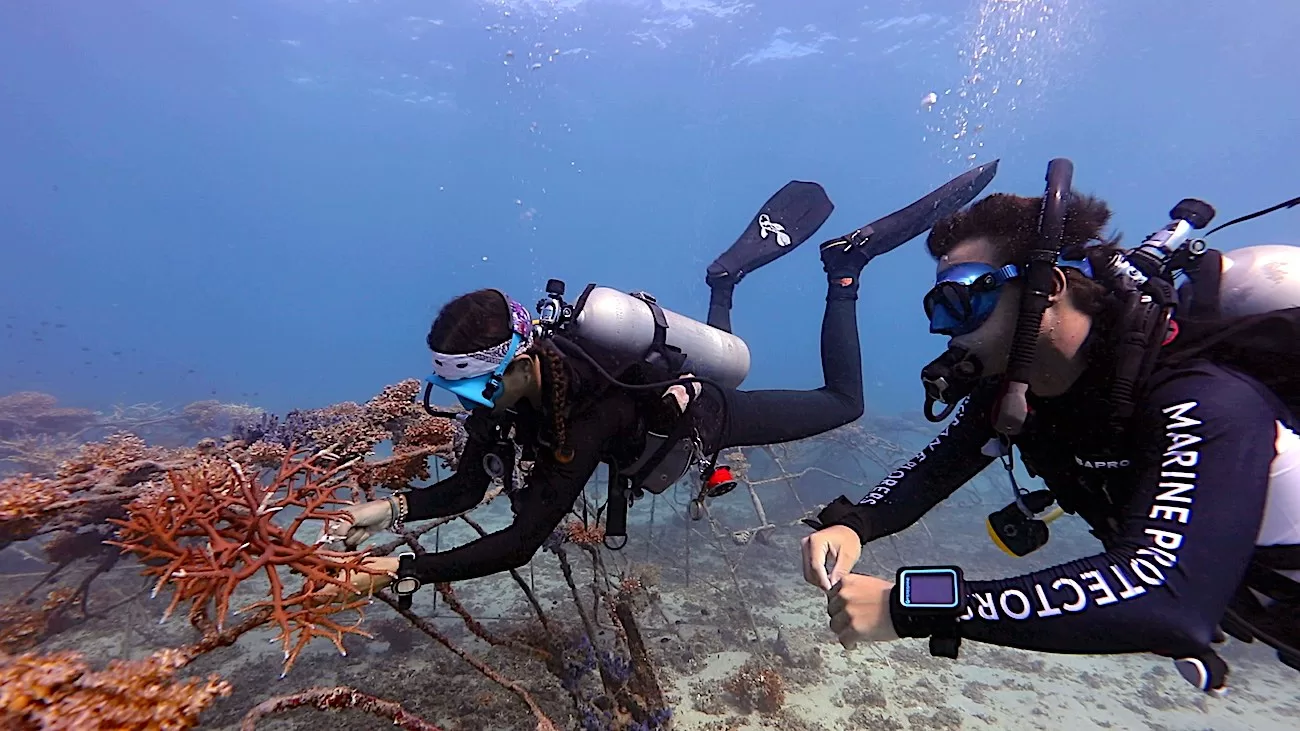
Learn Coral Restoration Theory & Techniques
Coral Reefs are highly vulnerable to climate change impacts that can lead to coral bleaching and cause mass loss of coral coverage.
By restoring damaged or degraded coral reefs, we enhance its ability to withstand and recover from these impacts which can increase their overall resilience.
Coral restoration is necessary to conserve the biodiversity, enhance ecosystem resilience, protect coastlines, support local economies and advance scientific knowledge related to coral reefs, whilst mitigating the impacts of human activities and climate change on these vital marine ecosystems.
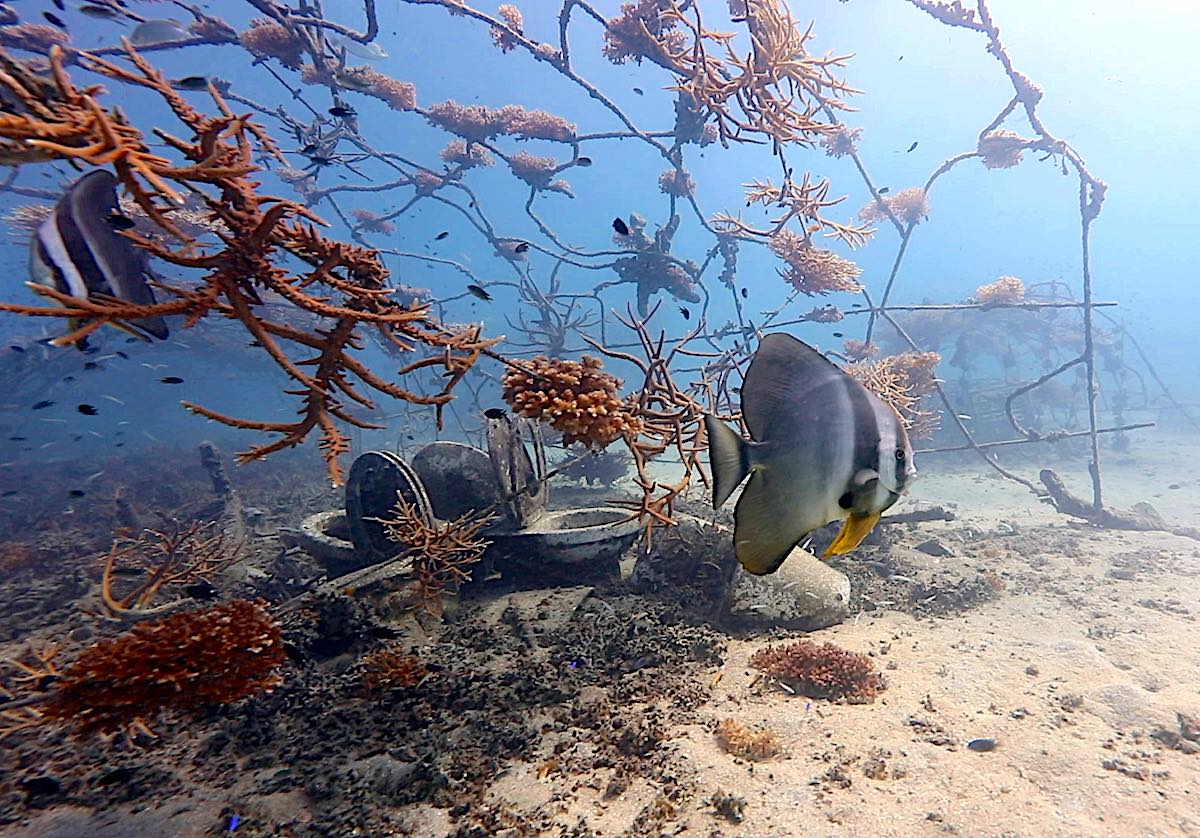
Master Conservationist – Coral Restoration in Koh Tao, Thailand
We will teach you the latest coral restoration techniques, and the local regulations that govern coral restoration in Thailand.
You will learn the theory behind the use of coral nurseries and participate in the practical steps of building and maintaining a coral nursery, and conduct monitoring dives to take data on the health, growth, and diversity of a coral nursery.
By practicing coral restoration, we can help maintain the biodiversity and support overall health of these marine ecosystems.
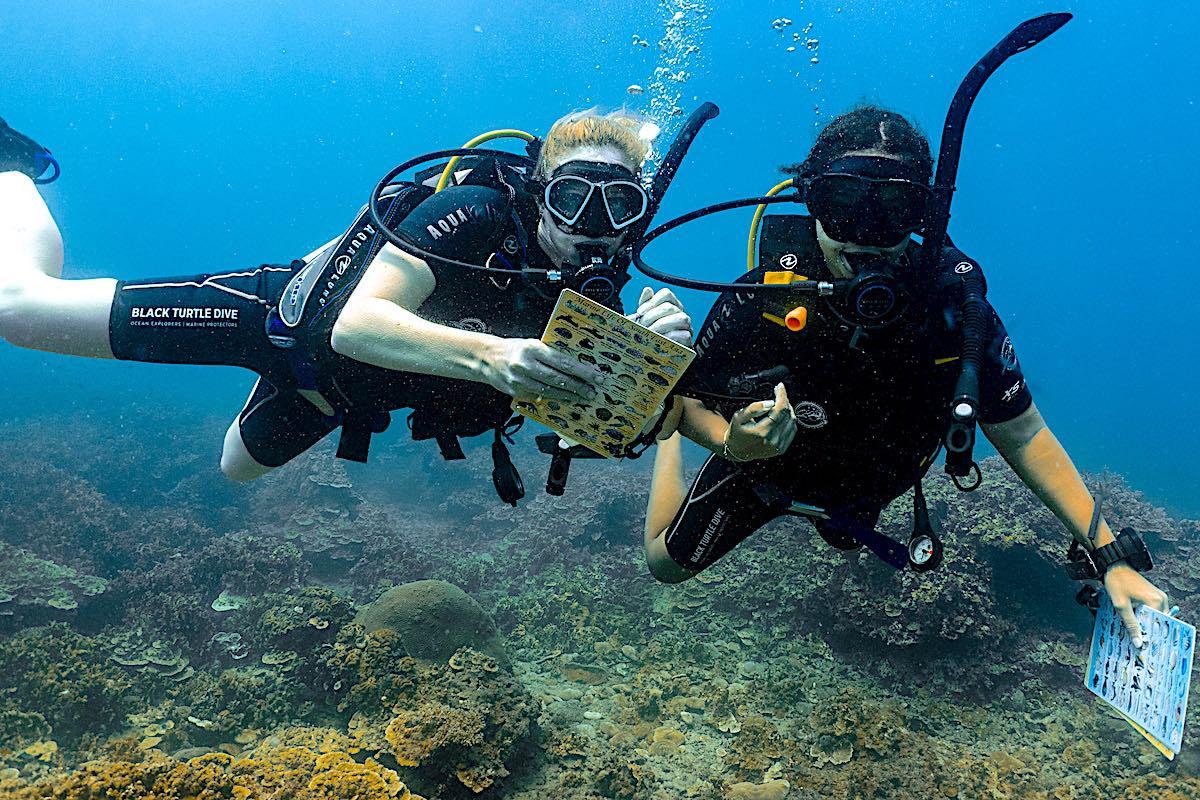
Master Conservationist – Mooring Buoy Lines in Koh Tao
Learn how to construct, install and maintain mooring lines with our mooring buoy line presentation and workshop.
Any tourist area that promotes activities involving boats, should have mooring buoy lines available for use and Koh Tao is no different.
Mooring lines with buoys attached are an easy and practical way to reduce anchor damage and human impacts on the coral reef areas.
During the Master Conservationist Internship, you learn the theory behind constructing, installing and maintain a mooring line system, and the theory session includes how to select and construct mooring line bases and anchor points.
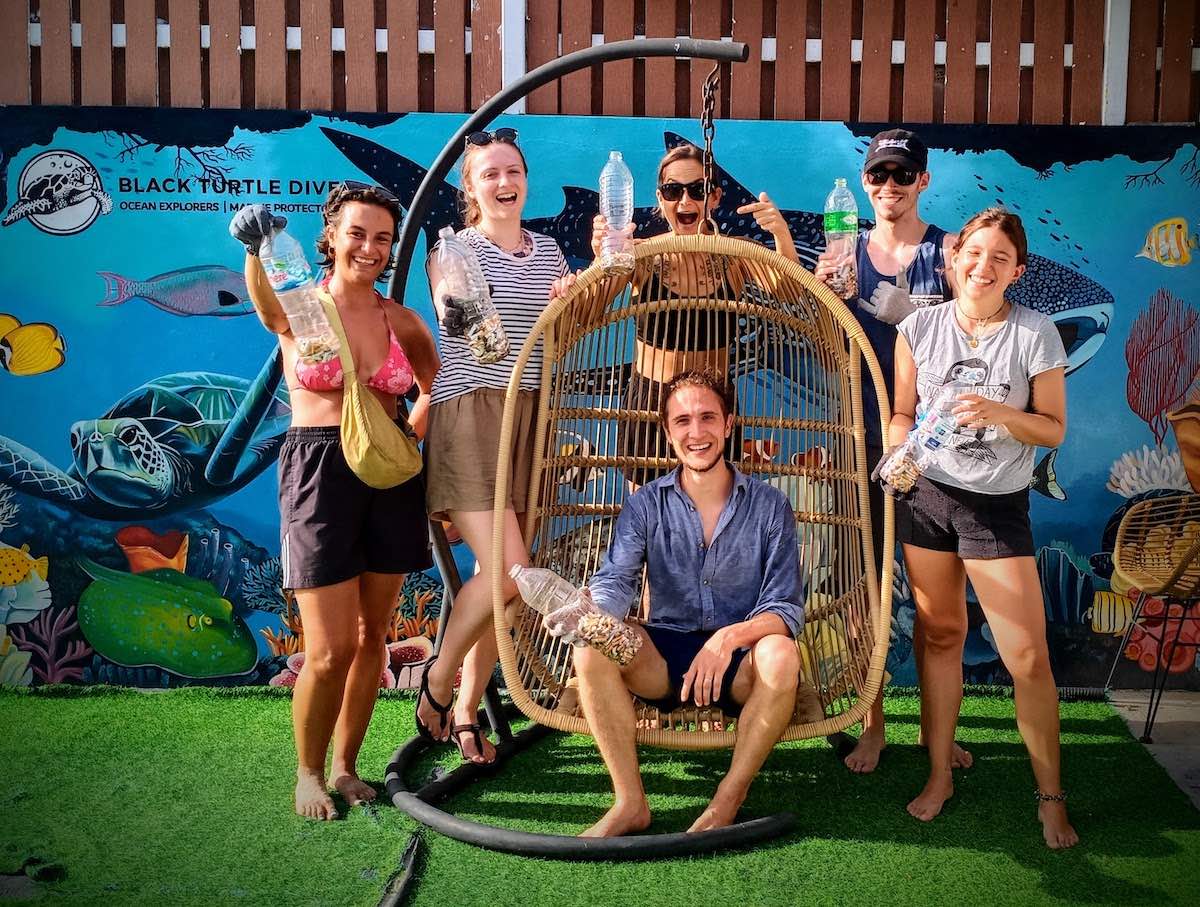
Marine Plastics Threat to the Ocean
Our Master Conservationist Marine Conservation Internship goes into depth about the worldwide marine plastic problem, and will help you to understand the main reasons that plastics are entering the oceans.
Addressing marine plastic pollution is one of the biggest challenges the world faces today.
Solutions to this require collective action, including reducing plastic consumption, improving waste management systems, promoting recycling and reuse and changing consumer behavior.
Developing sustainable alternatives to plastic that will protect the marine environment and the many species that depend on it. We will cover this and more in the Master Conservationist Internship.
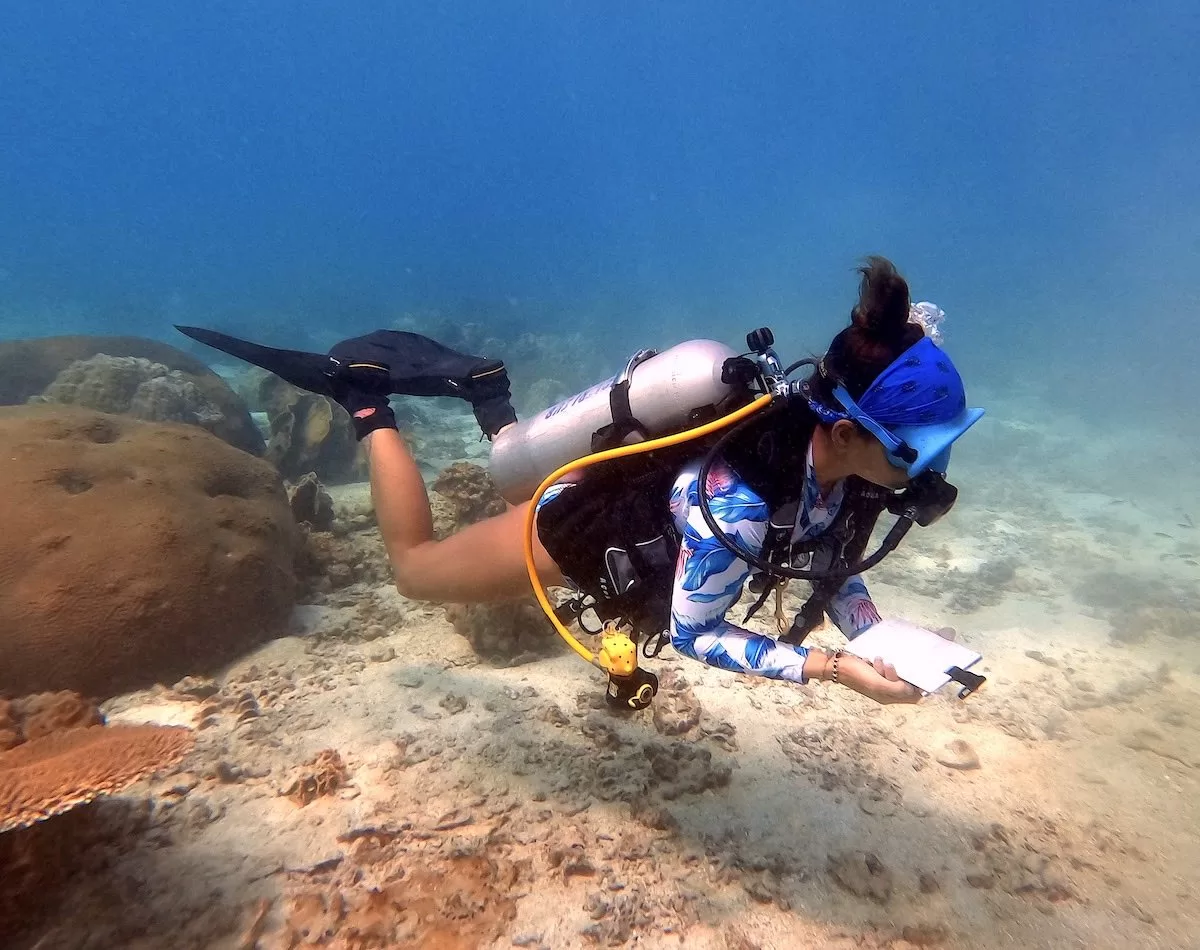
Threats to Marine Species from Plastic Pollution
The Master Conservationist Internship looks at the threats facing some of the most important species in the oceans today, including Sea turtles.
You will learn about Sea Turtle Ecology, their evolutionary history and the threats facing sea turtle populations around the world.
You will learn techniques we use to identify sea turtles and how we use photo documentation to track sea turtle populations and how sea turtle sightings are coded and recorded into local databases.
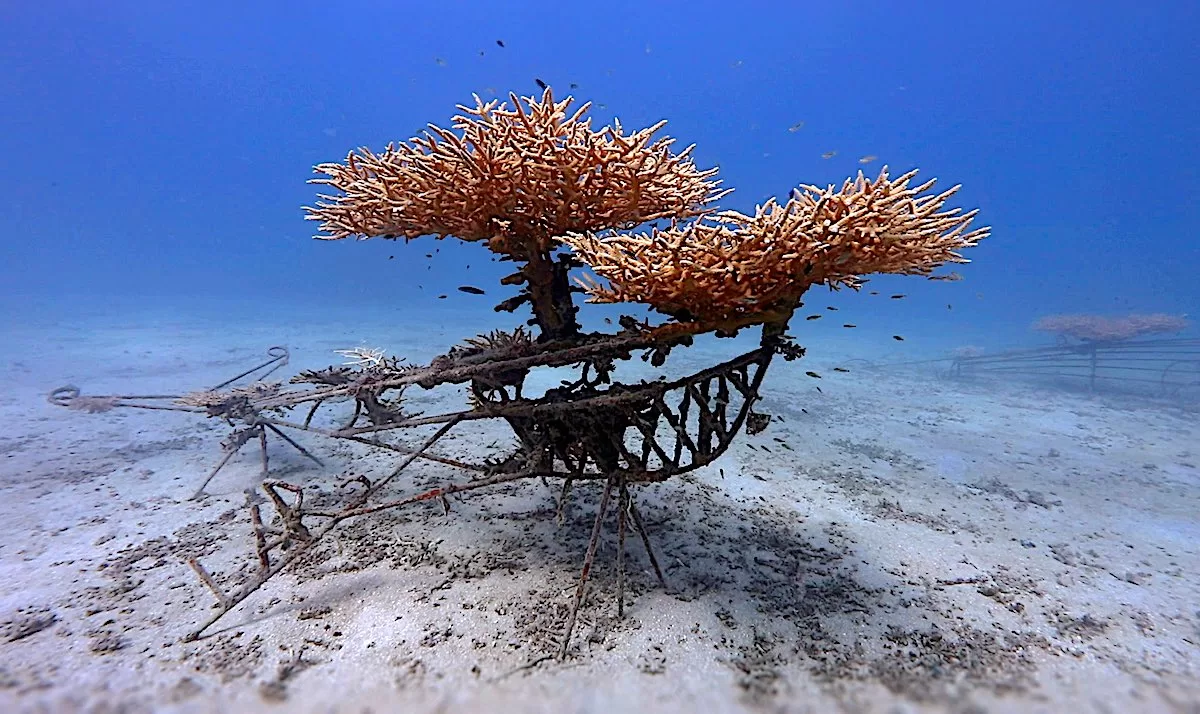
Master Conservationist Internship – Coral Reef Ecology
Upon successful completion of the Master Conservationist Internship, you will have a solid understanding of coral reef ecology and the ecosystem, and the threats coral reefs face.
Successful completion of the Master Conservationist Internship gives you the necessary skills and knowledge to enroll on the Scientific Diver Internship, our 2 week ‘Intermediate’ Internship, which is perfect for anyone that is serious about starting a career in this field
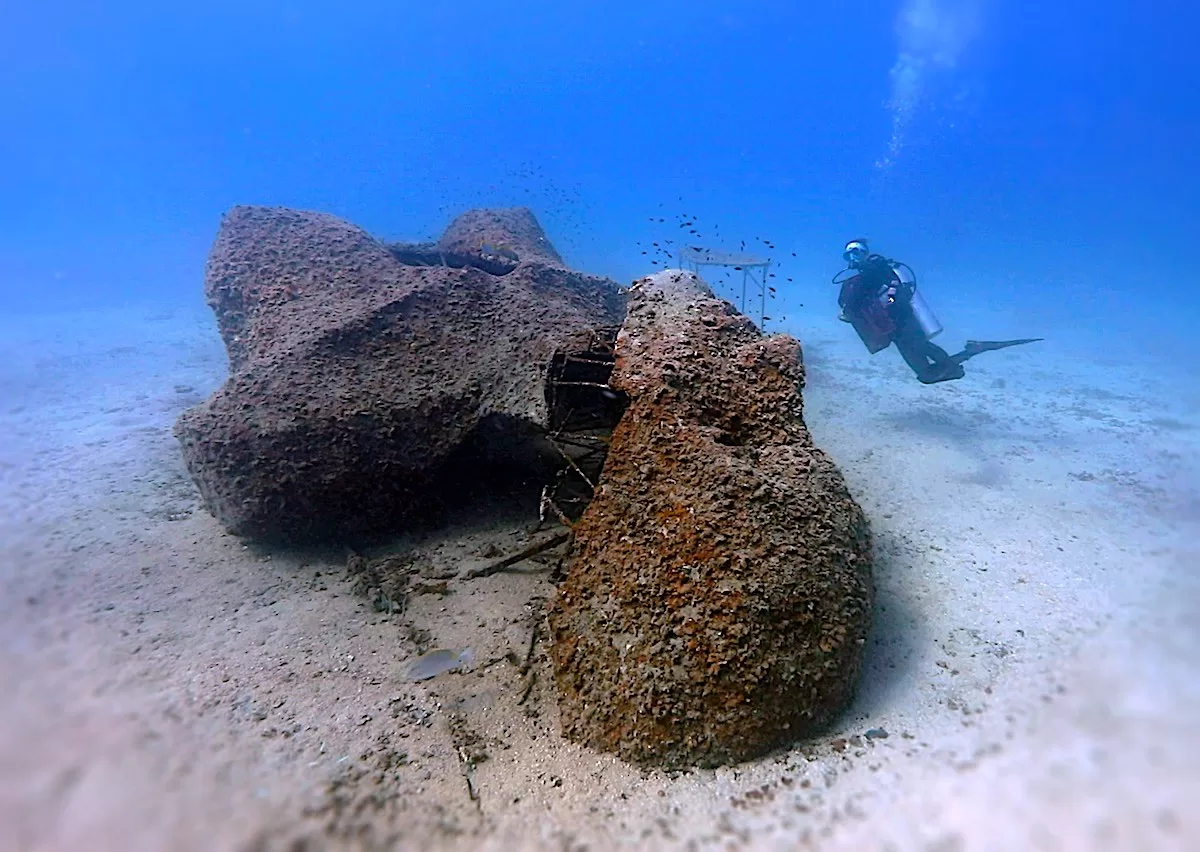
BOOK NOW 39,000 baht
Master Conservationist Marine Conservation Internship Modules
The educational, workshop and practical modules you cover in the Black Turtle Dive – Master Conservationist 14-day program are:
- Fluid Mechanics Buoyancy Workshop
- Marine Ecology & Coral Reefs
- Scientific Diving – Marine Ecosystems and the biodiversity balance
- Threats our coral reefs are facing
- Fish Identification
- Coral Identification & Coral Taxonomy
- Invertebrate Identification
- Ecological Monitoring Program
- How to monitor Coral Reef health
- Coral Theory & Restoration Techniques
- Coral Gardening & Maintenance
- Artificial Dive Sites
- Mooring Line Installation & Management
- The Plastic & Marine debris problem
- The Plight of the Sea Turtle
Each module has classroom components that include quizzes and exams, and there is at least 1 Open Water training session attached to each module.
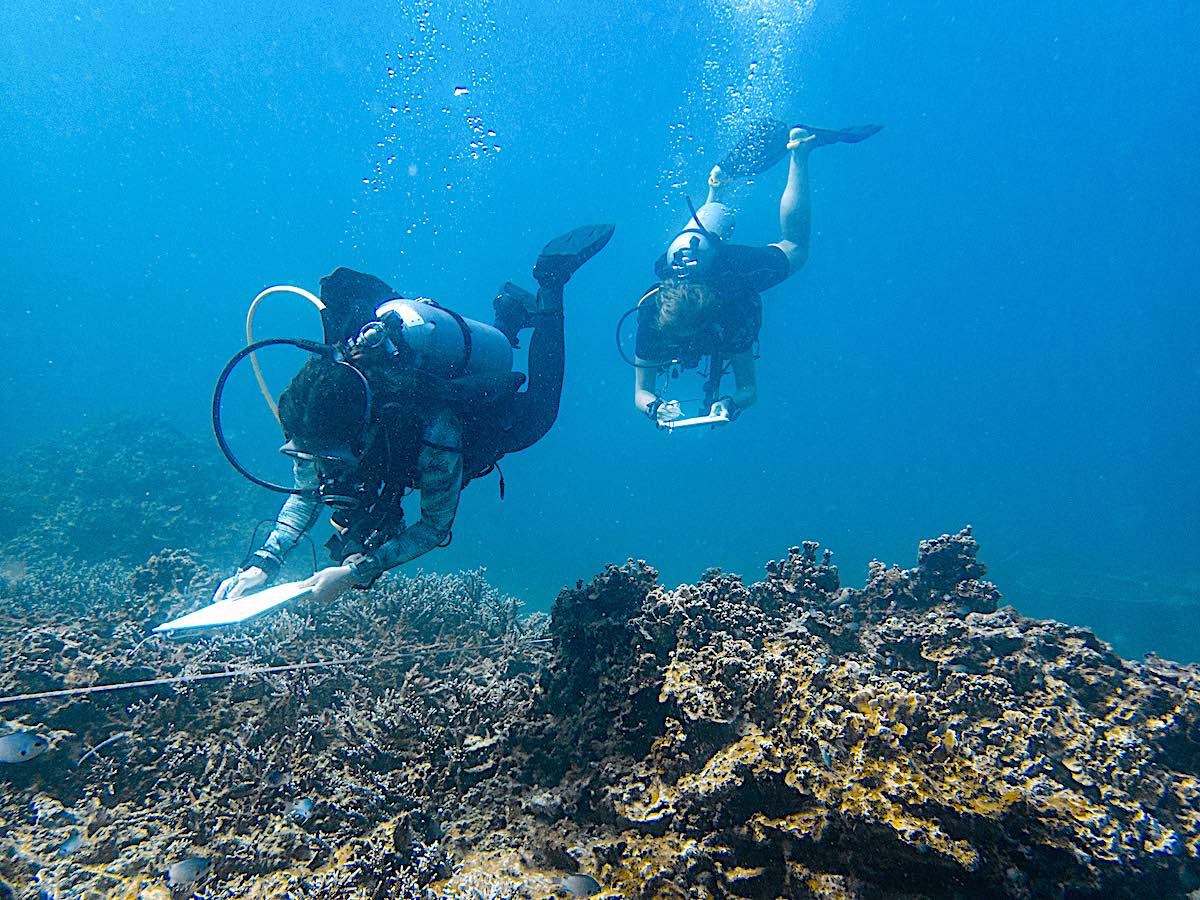
What is included in Master Conservationist Marine Conservation Internship?
- 16 training dives on scuba equipment
- 1 training session Snorkeling
- 6 Conservation Diver certifications including the EMP
- 1 CoralWatch Coral Health monitoring certification
- Black Turtle Master Conservationist certificate of completion
- Rental of full set of premium Aqualung scuba equipment
- FREE use of a Suunto dive computer
- Log Book
- Maximum 4 students per Conservation Diver Instructor
- Black Turtle Dive customer and environmental promise
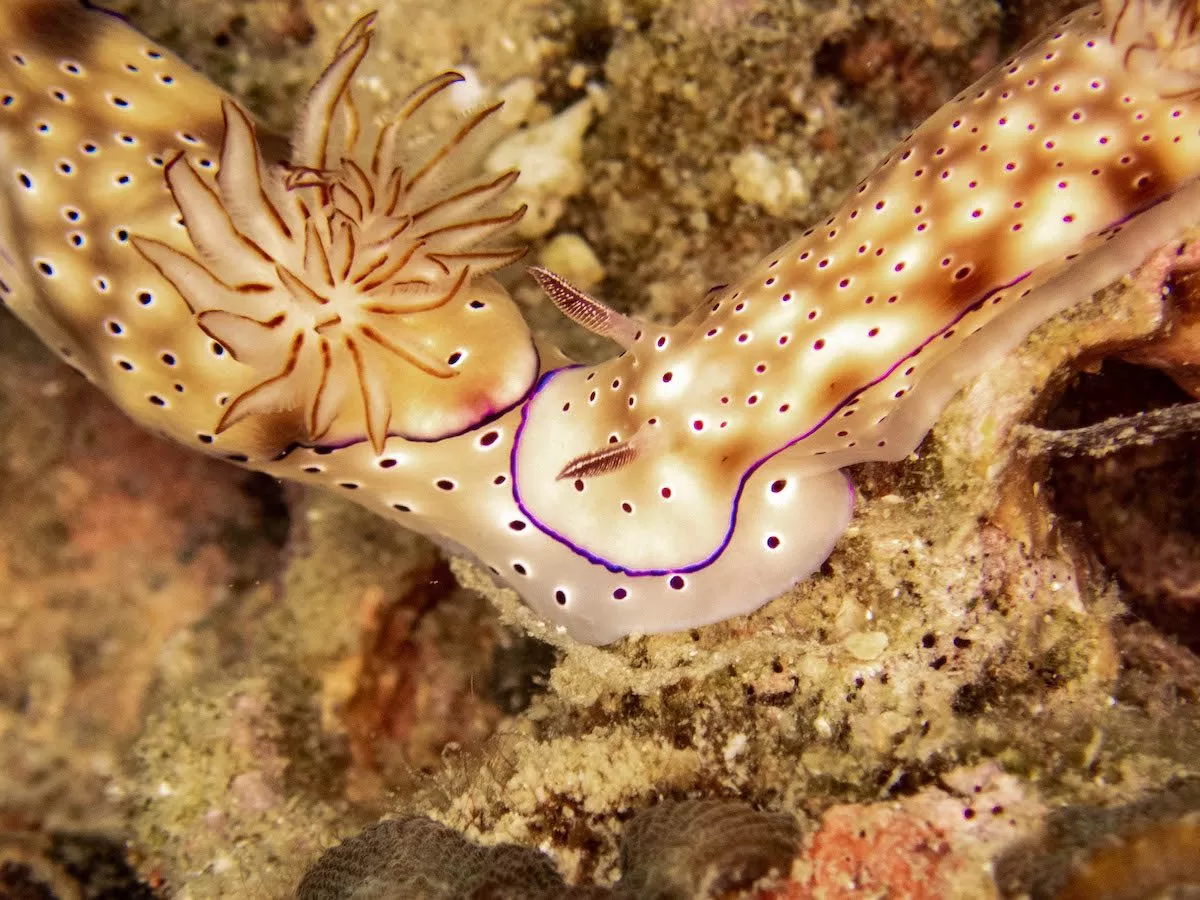
Master Conservationist Marine Conservation Internship Requirements
- 12 years old
- A certified Advanced Diver
- Have recent diving experience – we recommend completing a scuba review if you have not dived for 12 months
- Medically fit to dive
- Demonstrate diving ability and be proficient with buoyancy and self-awareness during a buoyancy assessment prior to any course specific component that requires you to dive in close proximity to coral reefs
- Have an interest in marine conservation and scuba diving
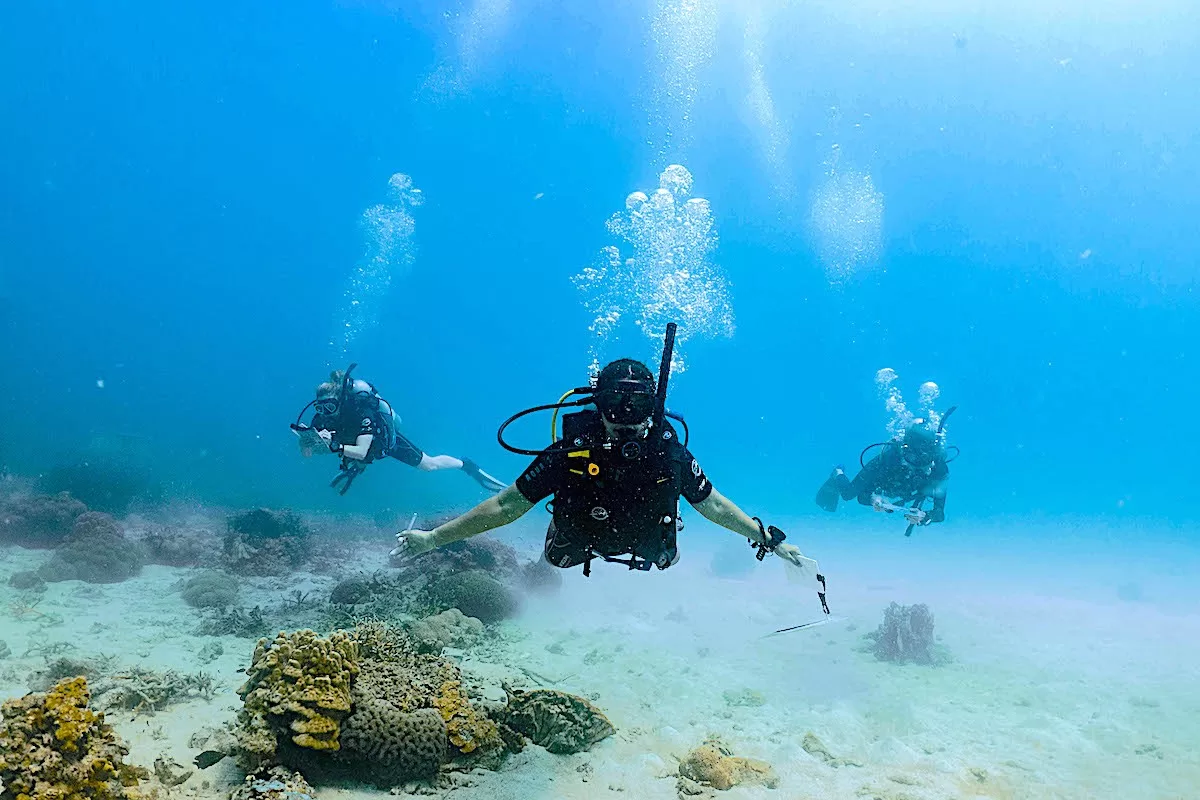
BOOK NOW 39,000 baht
Master Conservationist Marine Conservation Internship Information
Our 14-day Master Conservationist Internship program is student centered and objective driven. Students need to be attentive, focused and prepared to commit to the program timeframe.
We do understand that itineraries and travel plans can change without notice, so we offer flexibility and can reschedule modules over a period of time based on availability in our schedule and the needs of each candidate.
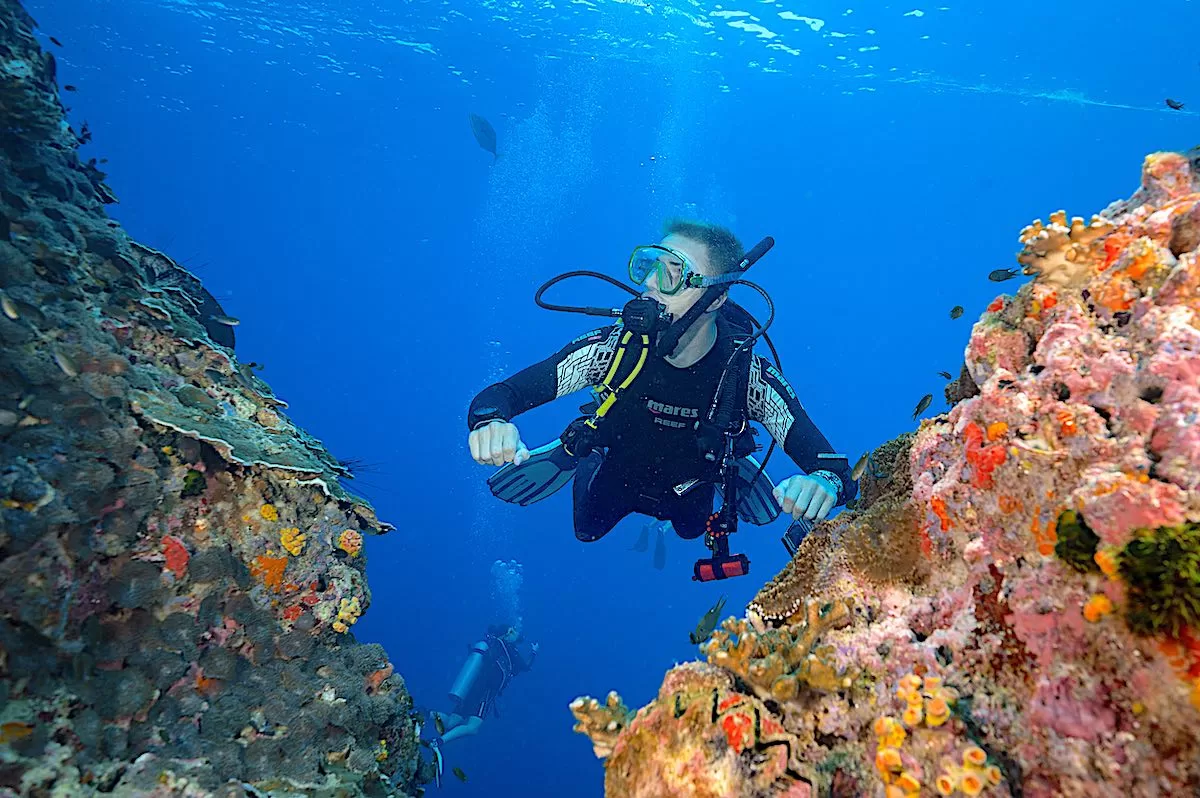
Master Conservationist Program in Thailand
Each module is designed to increase your awareness on the subject plus educate you on the significance and importance of each subject and how they relate to each other.
Knowledge development is introduced to support the in-water workshops, observational and scientific training dives.
As one of the founding partners of perhaps the most successful artificial dive site on Koh Tao – Junkyard Reef, our team has extensive knowledge of the role these types of dive sites have in alleviating pressure on local natural coral reefs.
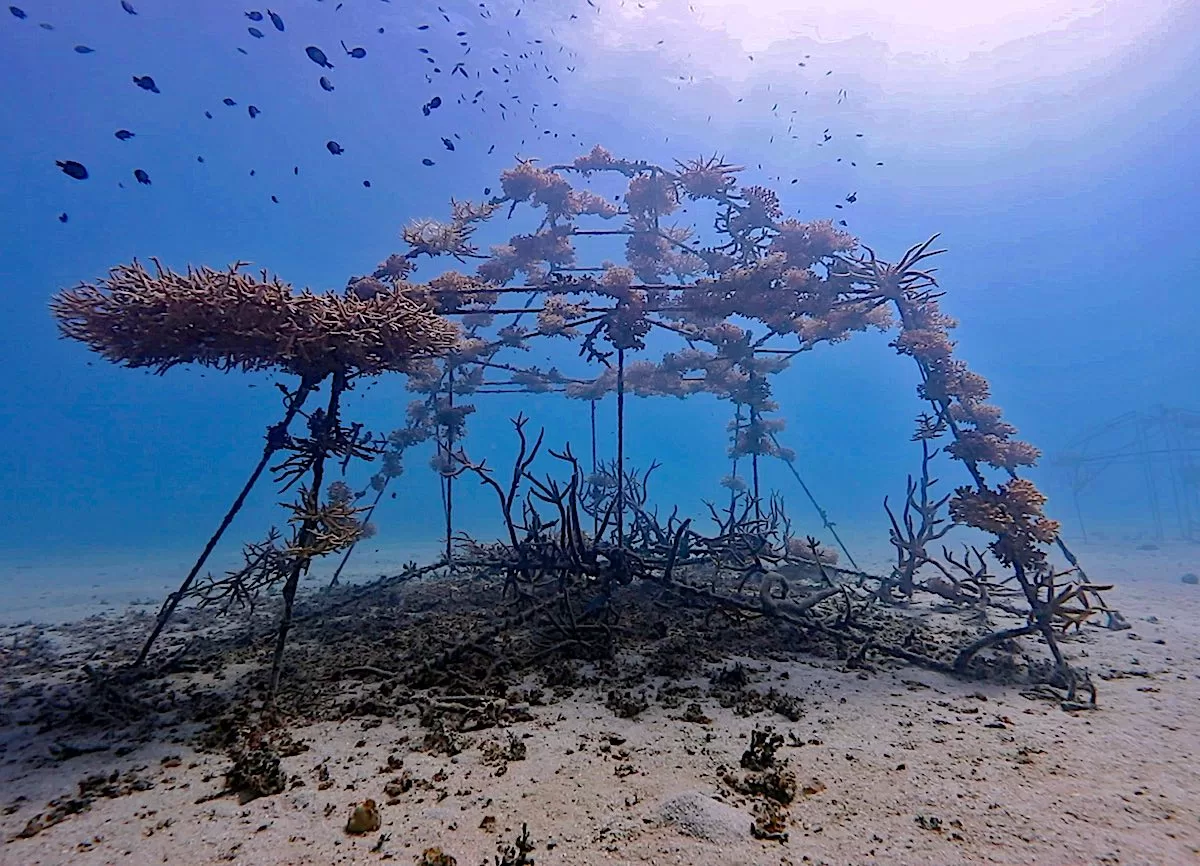
Junkyard Reef Dive Site
Junkyard Reef was first conceptualized and established in 2006 with the deployment of its first structure, and over the following years partners Nathan Cook and Matt Bolton and a team of volunteers began the process of expanding the site.
Donations from local businesses enabled the team to expand Junkyard Reef using a combination of steel rebar welded structures and unused equipment. Soon, Junkyard Reef artificial dive site, began attracting a wide variety of marine life in search of a new home.
Over the years Junkyard Reef has benefited from working with several Thai based Universities and the DMCR (Department of Marine & Coastal Resources).
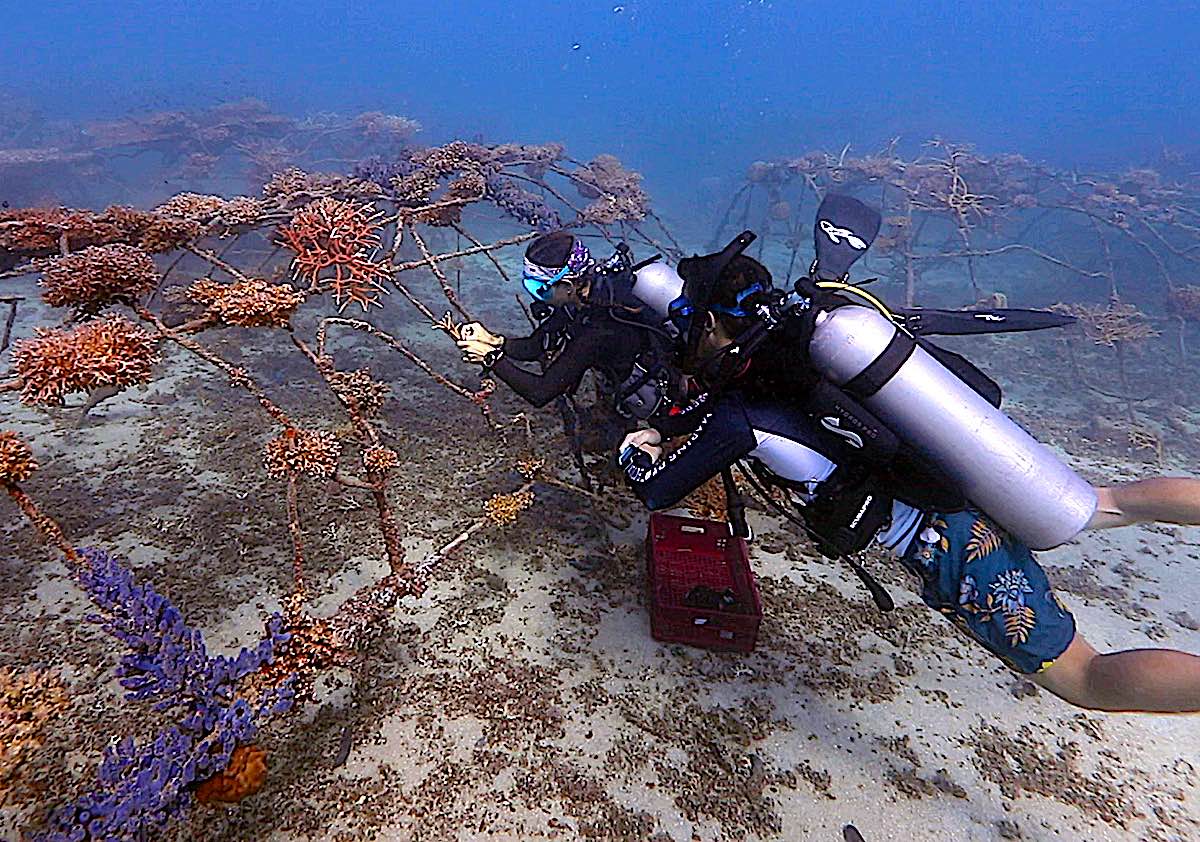
Artificial Dive Sites Projects on Koh Tao
Projects such as the establishment of coral nurseries and the introduction of more Giant Clams to the site, and welded structures, 3D printed structures and underwater art installations.
Our current team, managing the Junkyard Reef project, work closely with the DMCR to ensure new initiatives and expansion plans are in accordance with the stringent new regulations established by the DMCR.
Junkyard Reef is now a flourishing artificial dive site, visited on a daily basis by dive operators from around Koh Tao, and it helps lower the stress on local natural dive sites, and helps to educate divers about the value of marine conservation.
Some of the practical sessions during our Master Conservationist Marine Conservation Internship are conducted at Junkyard Reef to ensure our students can benefit educationally from this amazing local voluntary project.
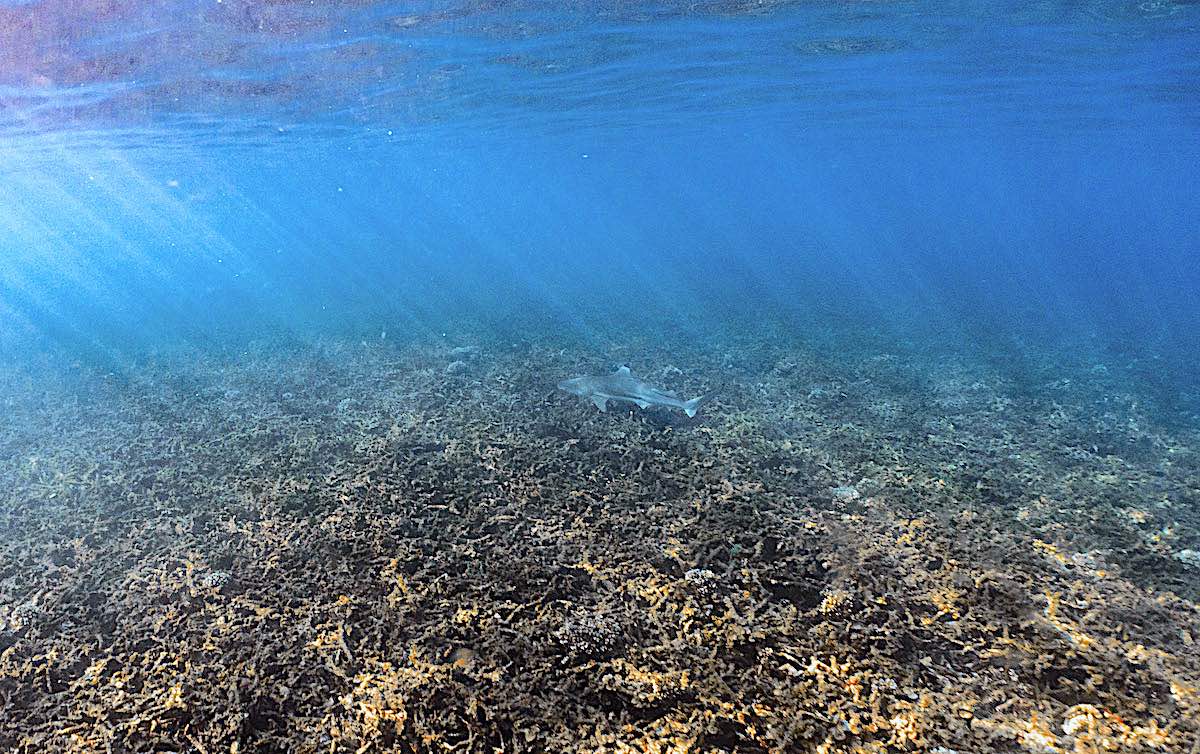
BOOK NOW 39,000 baht
Topics in the Master Conservationist Marine Conservation Internship
- Fluid Mechanics Buoyancy Workshop
- Introduction to Reef Ecology
- Introduction to Marine Conservation on Koh Tao
- Fish Identification Dive
- Coral Safari Dive
- Conservation Diver Ecological Monitoring Program
- Coral Watch Coral Health Monitoring course including 1 Coral Monitoring dive
- Conservation Diver Coral Taxonomy & Identification course including 2 Taxonomy dives
- Conservation Diver Coral Restoration Theory & Techniques course
- Coral Gardening Dive
- Coral Nursery maintenance dive
- Coral Restoration dive
- Conservation Diver Sea Turtle Ecology and Monitoring course
- Snorkeling session with Sea Turtles at Shark Bay
- Conservation Diver Artificial Reef Theory & Techniques course
- Construction of a structure
- Deployment Dive
- Mooring Line Installation & Management techniques presentation
- Conservation Diver Marine Plastic Pollution – Monitoring & Assessment course
- Dive Against Debris clean up dive and a Beach Clean-up or Microplastic Survey
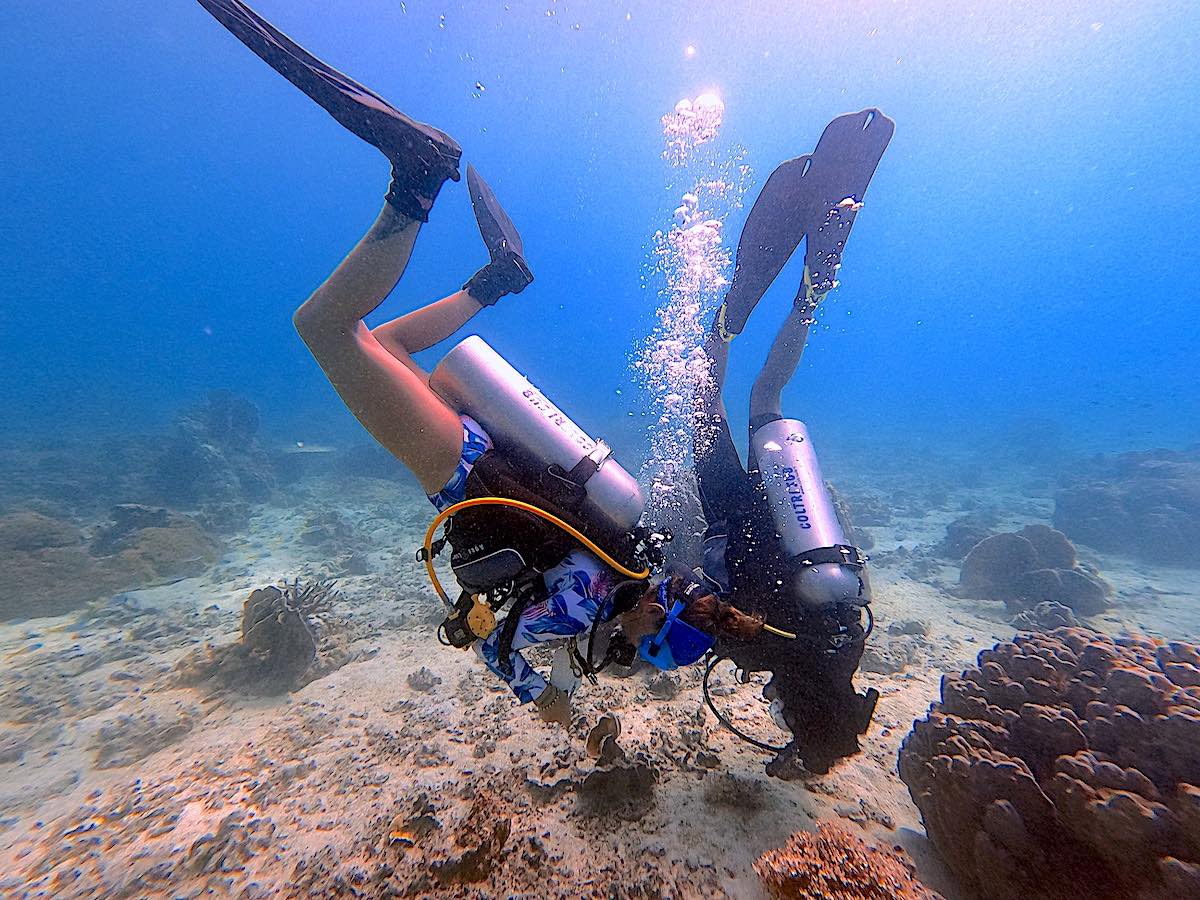
What you learn in Master Conservationist Marine Conservation Internship
- You will learn about coral reef ecology, the coral reef ecosystem, how it functions, the threats it faces and the basics of coral restoration
- We will teach you about coral life cycles, the ecological differences between the asexual and sexual reproductive cycles in corals, and the importance of maintaining high biodiversity on the reef
- You will learn survey techniques used by scientists to monitor coral reef ecosystems
- You will learn the techniques and diagnostic features for identifying coral reef fish other vertebrates and coral reef invertebrates
- How to assess substrate type, hard coral coverage, growth forms, coral health and bleaching
- We will teach you how to perform invertebrate, fish and substrate surveys and how to input the data into the database
- You will better understand the history and evolution of coral restoration techniques and the local regulations in Thailand that govern coral restoration
- You will learn the theory behind the use of coral nurseries and the practical application of locally and internationally developed techniques
- You will participate in the practical steps of building and maintaining a coral nursery
- You will perform a monitoring dive to take data on the health, growth, and diversity of a coral nursery
- You will understand the use and applications of artificial reefs and the differences between different artificial reef types and materials
- You will learn techniques for maintaining and monitoring artificial reefs
- You will be able to identify threats and disturbances, history of a coral reef area and decide if an artificial reef is necessary, and if so what type of structure to use
- You will understand the reasons for failure in artificial reef projects and the importance of correct planning, and regular long-term maintenance
- You will learn how to design and build an artificial reef structure specific to a chosen location using local techniques and standards
- You will deploy an artificial reef structure and transplant corals onto the structure
- Understand the worldwide plastic production issues and how this is intrinsically linked to fast paced consumer culture
- Understand main reasons that plastics are entering the oceans
- Learn why marine debris is a problem
- Be familiar with the main sources of plastics in the oceans
- Understand how plastics can negatively affect wildlife, especially coral reef ecosystems
- Be familiar with the ways in which you can reduce demands on plastics
- Understand the theories and practicalities of marine zoning and spatial planning
- Learn about the proper selection or construction of mooring line bases and anchor points
- Understand the various parts of the mooring system, and how to design it for strength and longevity
- Know how to tie knots used throughout the installation of mooring lines
- The ecology, evolutionary history, and threats to sea turtle populations around the globe
- How to recognize issues with sea turtles and how to mitigate local threats to their health and survival
- Various techniques to identify sea turtles and track their populations using photo documentation and how turtle sightings are coded and recorded into local databases
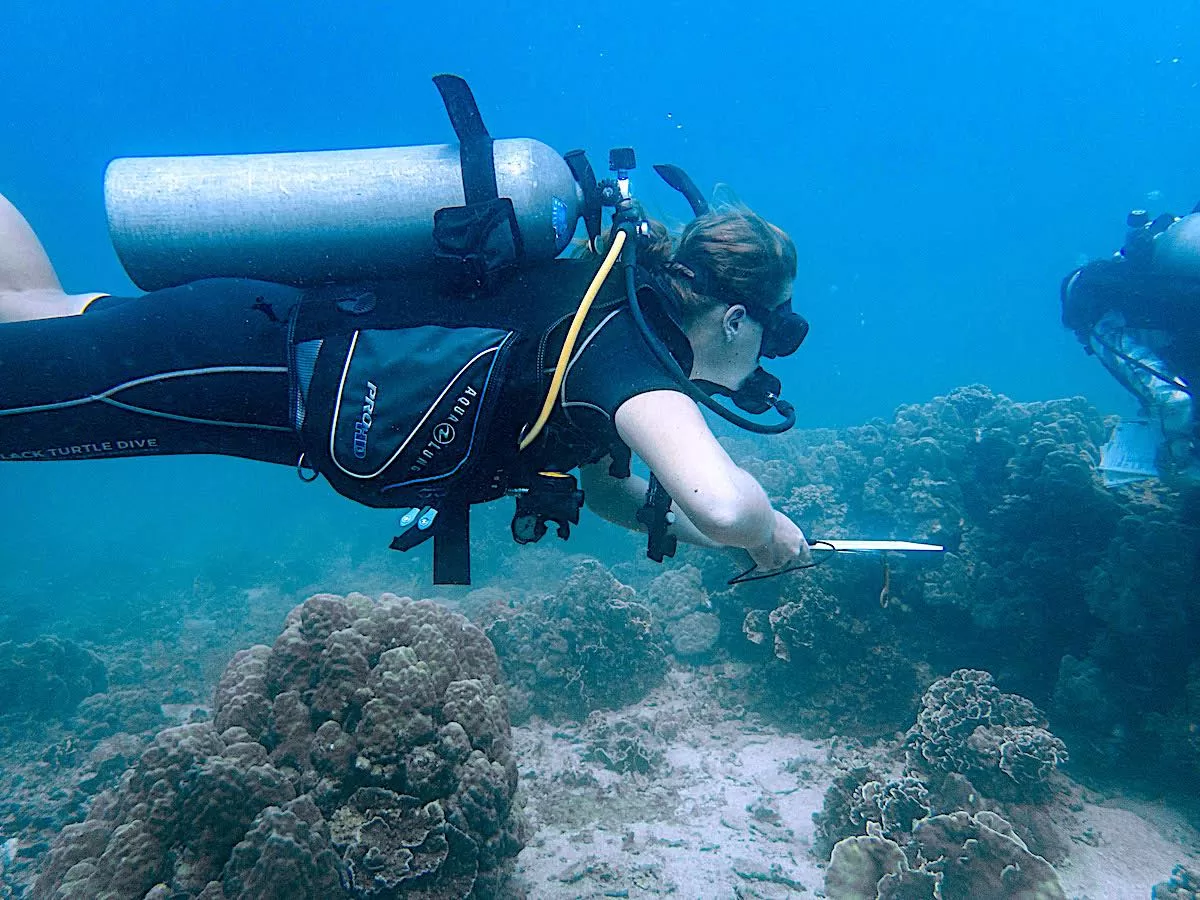
BOOK NOW 39,000 baht
Master Conservationist Marine Conservation Internship Schedule

Master Conservationist Marine Conservation Internship Start Dates
We start the Black Turtle Dive Master Conservationist internship on the 1st and 15th of every month. If these dates are not compatible with your travel itinerary, please email us with details of the dates you plan to visit Koh Tao.
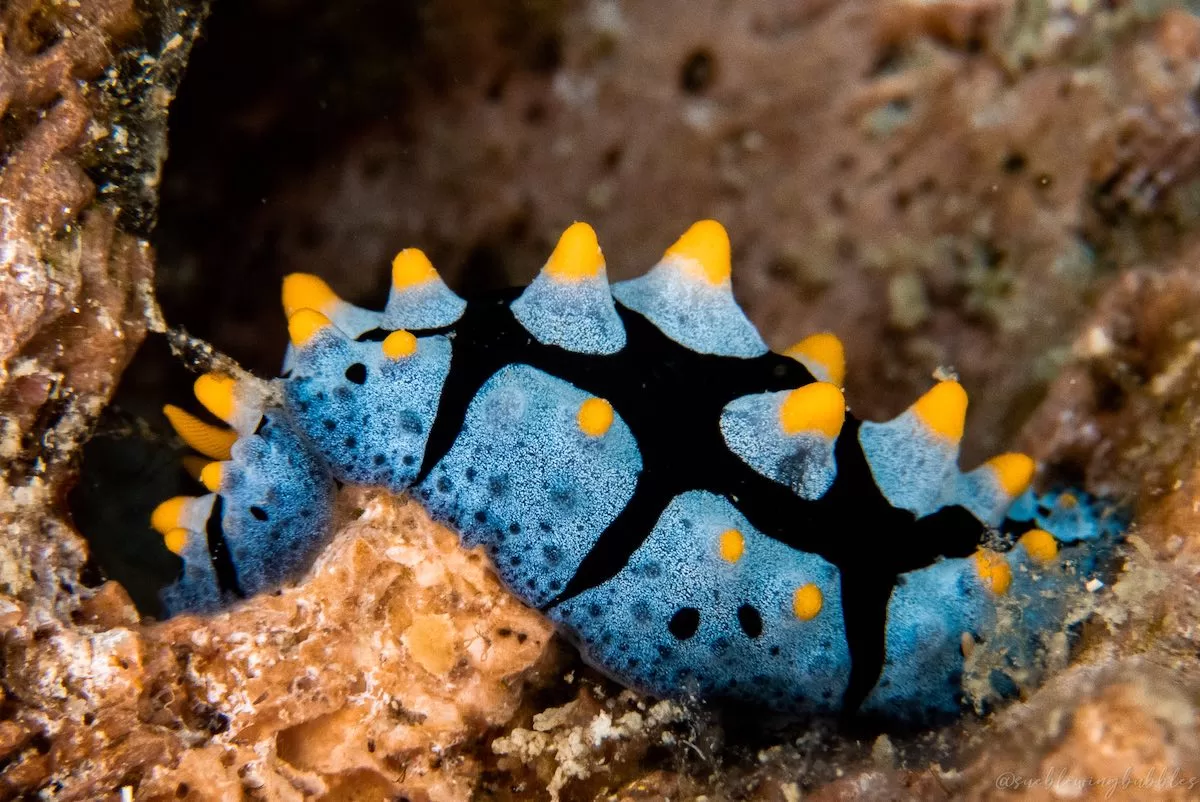
Explore your Passion for Protecting the Ocean
You have several options in this situation, including our 7 day Core Conservationist Marine Conservation Internship, which is an intense foundational internship or any of our Marine Conservation courses.
Alternatively, we may be able to customize a schedule that specifically suits your travel schedule, please contact us for more information.
BOOK NOW 39,000 baht
Frequently Asked Questions
What is the Master Conservationist Internship in Thailand?
The Master Conservationist Marine Conservation Internship program is the most popular foundational level Marine Science Internship available on Koh Tao.
The program is designed for scuba divers wishing to further their knowledge in Marine Science or University students wishing to get some real experience in the field. The Master Conservationist is scheduled over 14 days and is an excellent introduction to the coral reef and its fascinating ecosystem.
The internship covers coral reef ecology, and explores the incredible coral reef ecosystem, the animals that live there and how they interact with each other.
The Master Conservationist consists of 15 modules that include knowledge development presentations where candidates learn the theoretical concepts before in-water training sessions that are designed to apply what you have learned.
There are also a series of quizzes and exams that need to be complete and in-water assessments. You will learn how to observe the coral reef ecosystem from a scientific perspective.
During the Internship you will be taught how to view the reef from a scientific stand point using key biotic and abiotic reef features.
What is the cost of the Master Conservationist Internship on Koh Tao?
Our foundational level Master Conservationist Marine Conservation Internship costs 39,000 THB and is scheduled over a 14-day period.
This great value Marine Science based program includes e-learning sections to complete prior to the classroom presentations. There are also discussions led by one of our Conservation Instructors and Open Water training dives and practical workshops on land and underwater.
The Master Conservationist Internship includes 16 training dives, scheduled at several dives sites around Koh Tao, including our own DMCR approved artificial dive sites and a snorkelling training session at Shark Bay, where you will observe Sea Turtles.
How long does the Master Conservationist Internship last for?
Our foundational level Master Conservationist Marine Conservation Internship is the most popular introductory Marine Science Internship program on Koh Tao and lasts for 14 days.
The program consists of 15 modules, 16 training dives and a training snorkelling session with sea turtles at our popular Shark Bay.
Each module provides you with knowledge and skills in a particular area and each is designed to complement one another.
Modules consist of pre study e-learning sections, presentations in the classroom conducted by your Conservation Instructor and land based and in-water workshops and Open Water scientific training dives.
Once you have successfully mastered every module you will be certified as a Master Conservationist and will be eligible to enrol on our Intermediate level Scientific Diver Marine Conservation Internship.
What is the minimum age for the Master Conservationist Internship?
The minimum age to enroll on the Master Conservationist Internship is 12 years of age.
However, it is especially important for candidates to have a genuine interest in marine science and conservation and are able to grasp the scientific concepts we will cover during the Internship.
Our Master Conservationist Internship is a structured modular science based educational program that is flexible and offers candidates the opportunity to learn about coral reefs and the threats they are facing.
Can you get a certificate for the Master Conservationist Internship in Thailand?
Upon completion of the Master Conservationist Marine Conservation Internship, successful candidates receive a certificate of completion documenting each module of the program they have completed.
The Master Conservationist Internship also includes 6 additional Conservation Diver certifications and a Coral Watch Coral Health Monitoring Distinctive specialty certification.
